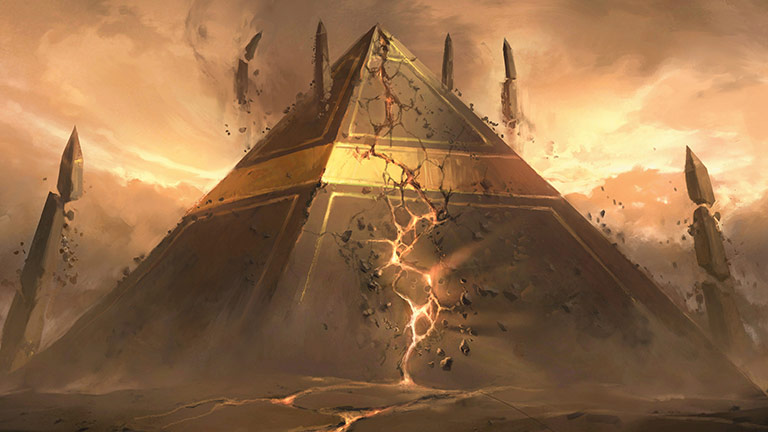
The DIKW Pyramid, which stands for Data, Information, Knowledge, and Wisdom, is a framework that represents the hierarchy of understanding and decision-making. While it is primarily used in the field of information science and knowledge management, it can also be applied to various domains, including MTG (Magic: The Gathering) deck building.
Let’s explore how the DIKW Pyramid can be applied in the context of MTG deck building:
- Data: At the base of the pyramid is data, which refers to raw, unprocessed facts or observations. In MTG, data can include card statistics, such as casting cost, power and toughness, card type, and abilities. Data can also include information about the game environment, such as the current metagame trends, tournament results, and card availability.
- Information: Information is derived from data by organizing, structuring, and contextualizing it. In MTG deck building, information involves analyzing individual cards and understanding their attributes, synergies, and potential uses within a deck. This includes evaluating cards based on their mana cost, card types (creatures, instants, sorceries, etc.), abilities, and interactions with other cards. Information can also include studying the current card pool and identifying specific strategies, archetypes, and deck-building trends.
- Knowledge: Knowledge is gained by synthesizing and understanding the information derived from the data. In MTG deck building, knowledge involves comprehending the underlying principles, strategies, and concepts of the game. This includes understanding the strengths and weaknesses of different card types, recognizing effective deck-building techniques, and grasping fundamental concepts like mana curve, card advantage, and tempo. Knowledge also encompasses recognizing the metagame dynamics, identifying viable deck archetypes, and making informed choices about card selection and deck construction.
- Wisdom: Wisdom represents the highest level of understanding and involves the application of knowledge strategically and insightfully. In MTG deck building, wisdom is demonstrated by making well-informed decisions based on experience, intuition, and a deep understanding of the game. This includes predicting the metagame shifts, anticipating opponents’ strategies, and adapting deck construction and card choices accordingly. Wisdom also encompasses fine-tuning deck strategies, making sideboard decisions, and adjusting the deck based on the specific tournament or play environment.
By following the DIKW Pyramid, MTG deck builders can progress from analyzing raw data to acquiring information, developing knowledge, and ultimately applying wisdom to construct effective and competitive decks. However, it’s important to note that the DIKW Pyramid is not a rigid step-by-step process but rather a conceptual framework that highlights the progression of understanding and decision-making.
